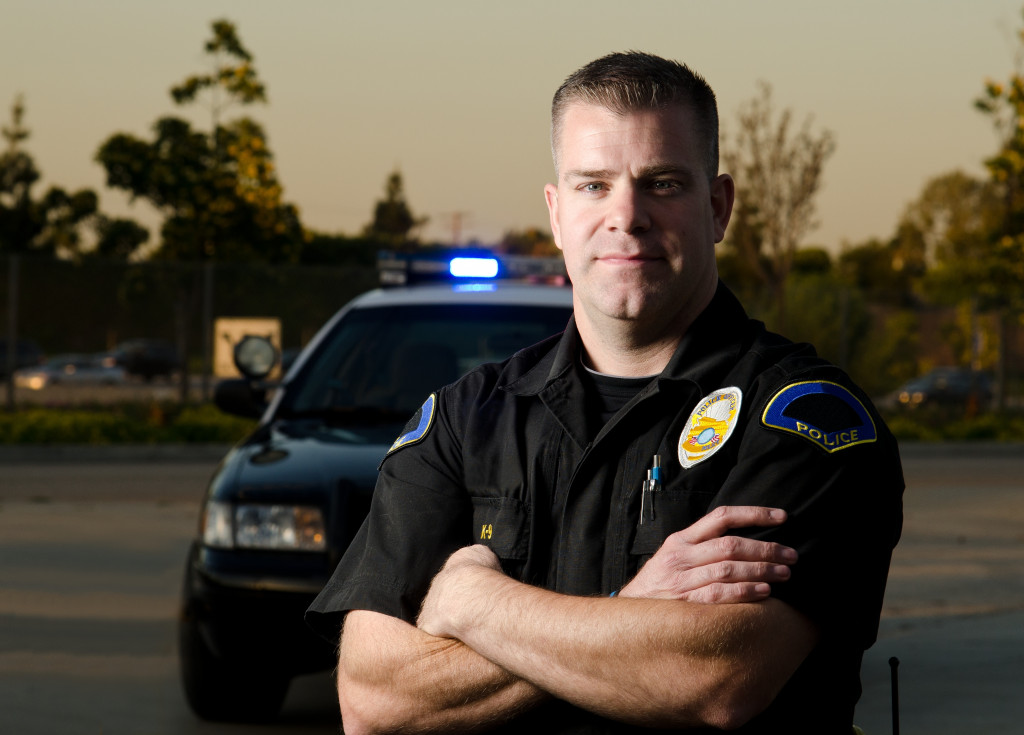Did you know that approximately 1.35 million people get killed on the roads every year? According to the Centers for Disease Control and Prevention (CDC), almost 3,700 deaths occur due to vehicle collisions. These crashes involve cars, motorcycles, bicycles, buses, trucks, and pedestrians. That’s why road safety is and will always be a top priority.
As a responsible driver, it’s vital to understand the traffic rules and avoid traffic violations. These violations come with traffic penalties. These penalties can range from simple as paying fines to as complicated as having jail time. However, you must promote road safety not only to avoid incurring penalties. The goal is to protect lives, prevent vehicle damages, and stop property liabilities.
Let’s look at the different types of traffic violations. Keep on reading to understand their corresponding legal penalties.
Traffic Violation Categories
Driving-related offenses range from one type to another. They vary from one country or state to another. In the United States, the state laws classify, process, and penalize such offenses. Apart from the jurisdiction’s traffic laws, the infractions get based on the offender’s prior violations. They also factor in whether the violations result in property damage, injuries, or death. That said, consider the three types of traffic violations:
- Infractions: They are non-serious traffic violations. For this reason, the offenders will have no jail time. However, they get issued tickets and penalized with fines or fees.
- Misdemeanors: They are serious traffic violations considered as crimes. However, they are less severe than felonies. Offenders will most likely end up with jail time.
- Felonies: They are the most serious traffic violations that involve some forms of violence. The penalties range from one year in prison up to death.
Civil Traffic Infractions
Most traffic violations are civil infractions. Some drivers commit minor offenses when hitting the road, deliberately or unintentionally. Civil infractions are simply violations of a statute, ordinance, or traffic rule which do not result in imprisonment. Some examples of civil traffic infractions:
- Speeding: You must not exceed the speed limit required in your state. Be sure to drive slowly and safely.
- Running a red light: Never run your vehicle under a red stoplight. The last thing you want to happen is to get into a vehicle accident.
- Not wearing seat belts: Seatbelts are essential safety features in vehicles. As a responsible driver, make sure you and your passengers wear them all the time.
- Failing to signal: When driving, it’s vital to signal or alert other drivers on the road to avoid accidents.
- Driving with a defective vehicle: Driving with a vehicle problem is a big no-no. For instance, never hit the road with a malfunctioned light at night.
- Illegal parking: Even as simple as parking in an appropriate area is a traffic infraction.
Penalties: Civil traffic infractions get prosecuted in traffic courts, not criminal courts. They are less formal proceedings. When pleaded guilty, you may incur a fine, perform community service, attend traffic school, and receive demerit points on your driving record.
Criminal Traffic Offenses
Some traffic violations are criminal in nature. As a crime, they are punishable by imprisonment. They can either be misdemeanors or felonies. Below are some examples of criminal traffic offenses:
- Driving without a valid license: You must hit the road with a valid license. It’s proof that you’ve undergone proper orientation, training, and certification. If your license gets suspended or revoked for a driving offense, never hit the road. Also, make sure that it is active, not expired.
- Driving without insurance: Most states require drivers owning vehicles to have insurance protection. If you get caught driving without insurance, you will be penalized with a criminal traffic offense.
- Driving under the influence (DUI): Driving under the influence (DUI) of alcohol or drugs is a big no-no. People hitting the road while intoxicated or impaired can possibly have vehicle accidents. However, consider hiring a DUI lawyer when caught incorrectly.
- Reckless driving: Nothing can be more alarming than seeing a reckless driver hitting the road. However, most state laws define reckless driving in broad terms. So it’s up to the judge to decide. Hence, consider getting an accident lawyer when caught in a car collision.
Penalties: For the most part, criminal traffic offenses require the offenders to appear personally in court for an arraignment. A misdemeanor conviction holds a maximum of one-year imprisonment in county jail. On the other hand, a felony conviction carries a sentence of more years of state prison.
It’s crucial to have a robust idea of the various types of traffic violations. Avoid committing these violations, whether civil traffic infractions or criminal traffic offenses. It’s best to be well-acquainted with your state law concerning traffic rules. The goal isn’t only to avoid incurring a traffic penalty for your infraction, misdemeanor, or felony. The ultimate goal is to foster the utmost safety on the road.


